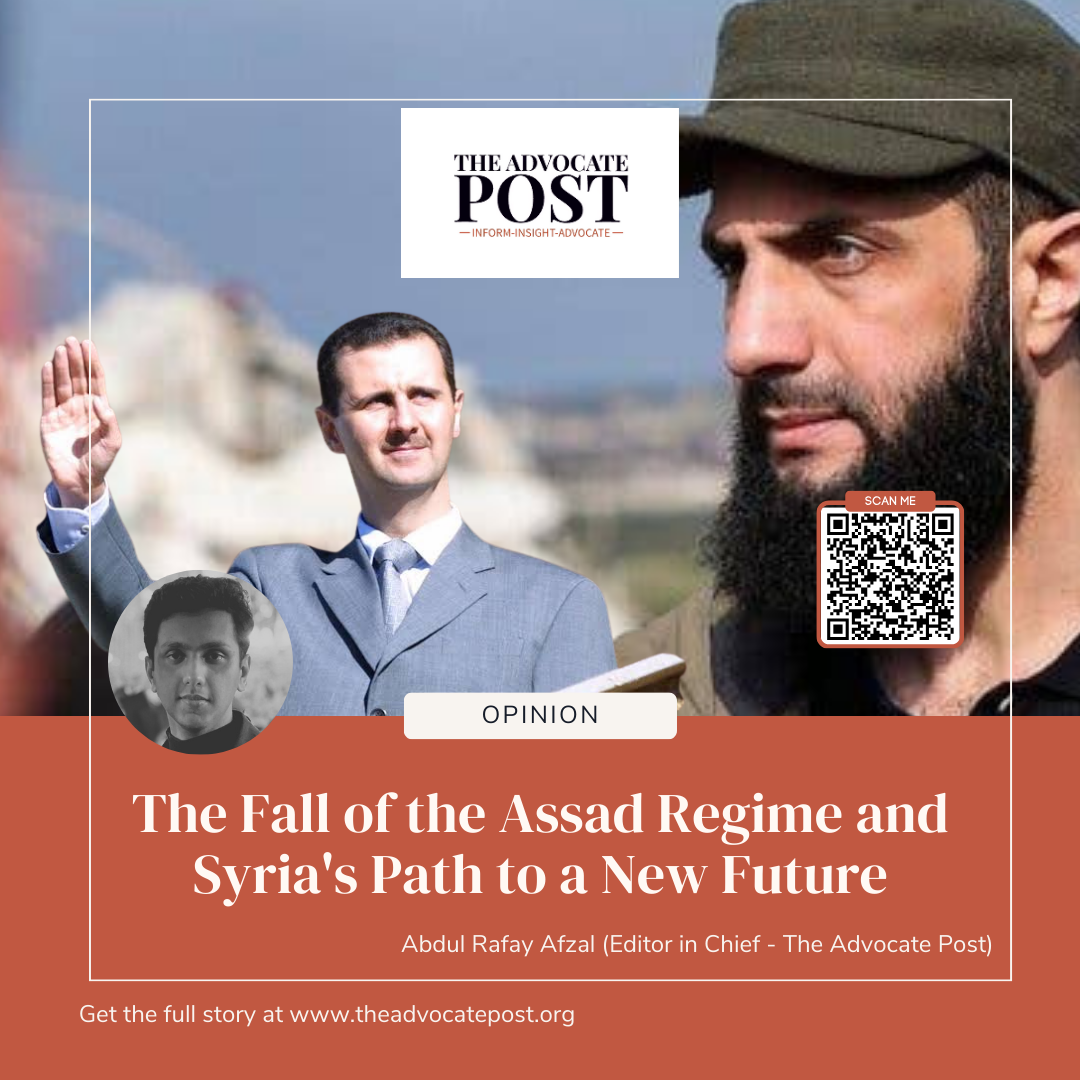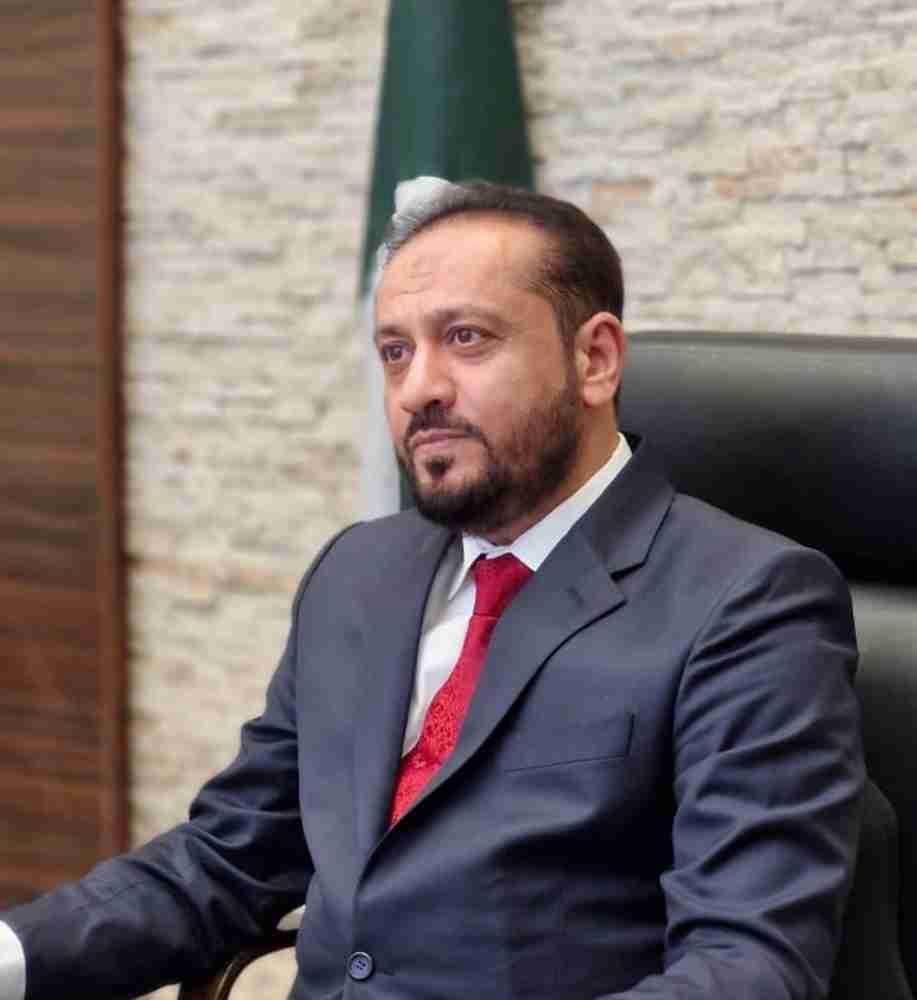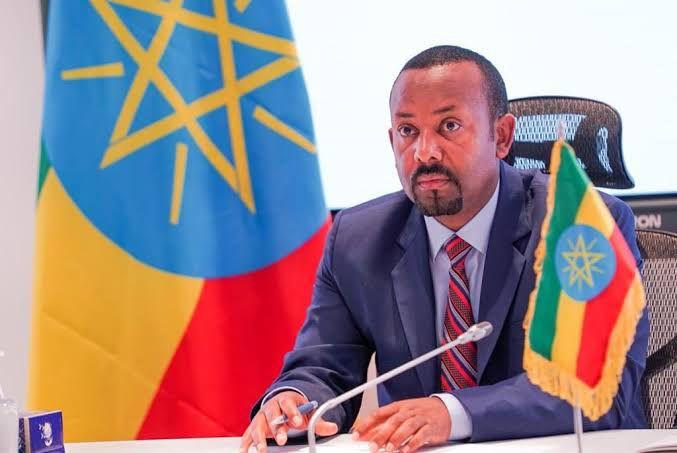By Abdul Rafay Afzal (Editor in Chief)
The fall of the Assad regime marks a pivotal moment in Syrian history, opening a new chapter fraught with both challenges and opportunities. As the nation stands at this critical juncture, the question arises: what does the future hold for Syria, and how can it rise from the ashes of its tumultuous past?
A Nation in Transition
The collapse of the Assad regime dismantles the power structure that has governed Syria for decades, leaving behind a fractured military apparatus and a fragmented society. The myriad militant factions that have proliferated during years of conflict now pose significant obstacles to national cohesion and stability. These group dynamics will heavily influence Syria’s trajectory in the coming years.
The transition to a stable government is paramount in navigating these complexities. An effective transitional government must command legitimacy both domestically and internationally while skillfully managing a delicate balance among diverse internal interests. This transitional phase will lay the groundwork for political reform, economic revitalization, and social reconciliation.
The Road to Recovery
Rebuilding Syria will require a comprehensive, multi-faceted approach. Economically, reconstructing the nation’s infrastructure and revitalizing its economy are immediate priorities. This entails international cooperation and considerable investment to restore essential services and stimulate economic activity. The international community, particularly key regional and global powers, will play an integral role in providing the necessary resources and guidance throughout Syria’s recovery journey.
The social fabric of the nation also requires mending, a process that will involve addressing the deep-seated grievances that fueled the conflict. Initiatives aimed at reconciliation and fostering national unity will be critical to ensure long-term peace. Education reforms and community engagement programs can help heal divisions and promote coexistence, especially among the youth who will ultimately shape Syria’s future.
Challenges Ahead
Despite the optimism surrounding a new beginning for Syria, numerous challenges lie ahead. The enduring presence of various militant factions represents a formidable barrier to peace. Disarmament, demobilization, and reintegration (DDR) programs must be effectively implemented to mitigate threats posed by these groups and reintegrate their members into civilian society.
Additionally, the remnants of the regime’s military and security infrastructure pose their own challenges. Integrating these elements into a new national security framework will be essential to maintaining order and preventing further fragmentation.
The Importance of Stability
Stability in Syria is crucial not only for the nation’s revival but also for regional and global security. A stable, prosperous Syria can act as a cornerstone for peace in a volatile region. It is in the interest of the international community to support Syria during this transition, ensuring that efforts lead to sustainable peace and development rather than a relapse into chaos.
As Syria navigates this uncertain path to stability and rebuilding, the resilience and determination of its people will be vital. While the journey to recovery may be arduous and protracted, the promise of a peaceful, sovereign Syria offers hope for a brighter future. It will take time—potentially decades—for Syria to fully regain its footing. However, with concerted effort and international support, a new era of peace and prosperity is not beyond reach.
In closing, the fall of the Assad regime, while marking the end of an era, also heralds the beginning of a challenging yet hopeful journey for Syria. Through effective governance, international collaboration, and a commitment to peace, Syria can emerge as a beacon of stability and progress in the Middle East.
Abdul Rafay Afzal is from Lahore, Pakistan. Editor in Chief of The Advocate Post and Pakistan’s youngest international journalist. He writes perceptive columns on geopolitics, international relations, and legal affairs etc. in more than 13 countries providing unique insights into the global landscape in different Pakistani and International Newspapers and Media outlets in English & Urdu languages. He can be reached at @arafzal555 on instagram or email rafayafzal555@gmail.com






